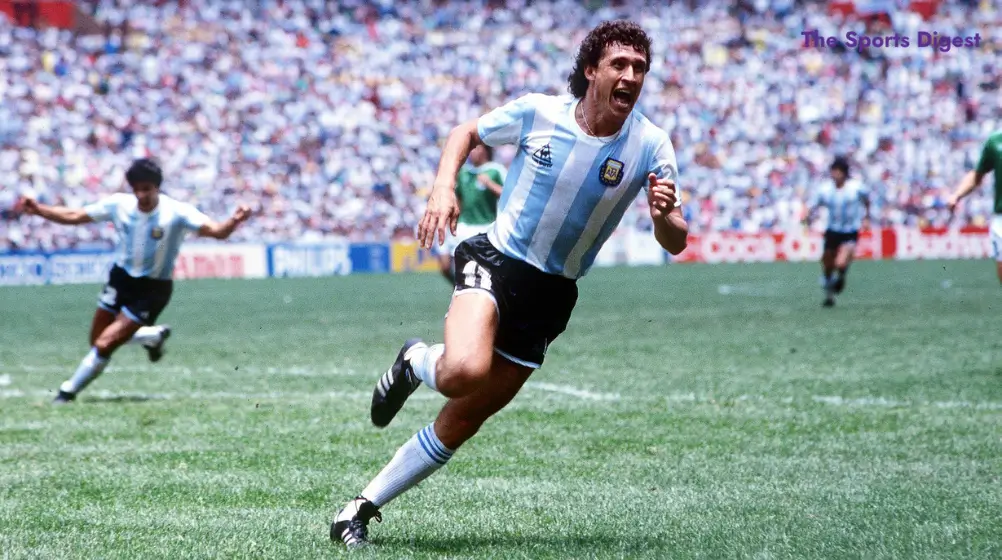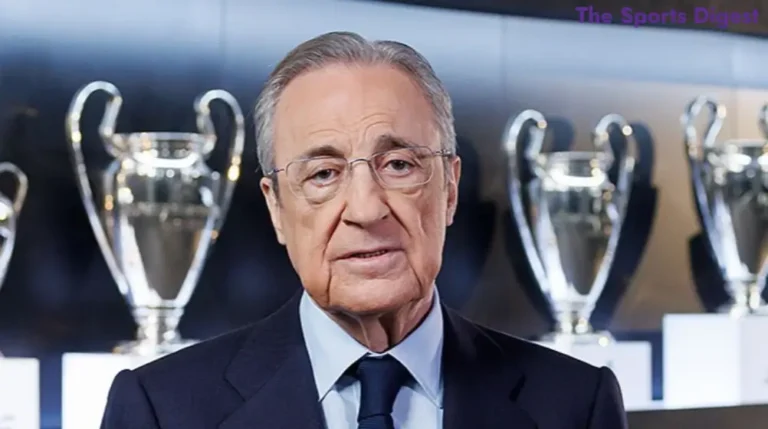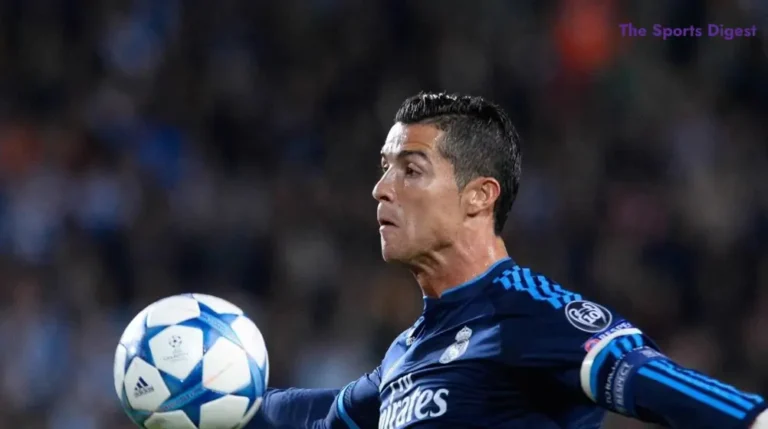Jorge Valdano: Football’s Grand Philosopher
In a sport often reduced to tactical jargon and empty clichés, Jorge Valdano stands apart as football’s most articulate voice. The Argentine has transcended the conventional roles within the game—excelling as player, coach, director, and pundit—but it is perhaps as football’s philosopher-in-residence that he has made his most lasting contribution. Unlike the repetitive soundbites that dominate post-match interviews, Valdano’s observations cut through to the essence of the beautiful game, revealing deeper truths about not just football, but life itself.
Table of Contents
From Left-Wing Student to Left-Wing Forward
Valdano’s journey began far from the glamour of European football. A politically engaged law student with leftist leanings in Argentina, he balanced intellectual pursuits with his emerging talent at Newell’s Old Boys. This duality—the thinker and the athlete—would define his entire career. While many footballers of his era were solely focused on the pitch, Jorge Valdano cultivated a broader perspective that would later distinguish him from his peers.
In 1975, as Argentina descended into political turmoil, the 20-year-old Jorge Valdano made the journey to Europe, signing for Alavés in Spain’s second division. This move, while modest in footballing terms, represented an important step in his development. Adapting to European football required both physical and mental adjustments, challenges that the thoughtful Argentine embraced with characteristic intelligence.
Rise to Prominence at Zaragoza
Valdano’s big break came with his move to Real Zaragoza, where he blossomed into one of La Liga’s most clinical forwards. During this period, he outscored even his more celebrated compatriots Diego Maradona and Mario Kempes, establishing himself as a formidable talent in Spanish football. His intelligent movement and composed finishing caught the attention of bigger clubs, while his articulate interviews began to reveal a player with a perspective that extended beyond the pitch.
International Glory with Argentina
Valdano’s international career suffered an early setback when injury curtailed his participation in the 1982 World Cup. However, four years later in Mexico, he would play a crucial role in Argentina’s triumph. Scoring four goals throughout the tournament, including one in the final against West Germany, Jorge Valdano helped secure his nation’s second World Cup title.
While that tournament is often remembered as “Maradona’s World Cup”—and deservedly so—Valdano’s contributions were vital to Argentina’s success. His perspective on Maradona’s infamous “Hand of God” goal against England reveals his nuanced understanding of football’s complexities: “It was as if we had stolen an English wallet,” he later reflected, “Personally, I felt more comfortable with the second goal.”
Real Madrid and an Untimely End
Valdano’s performances earned him a move to Real Madrid, where he continued to flourish, forming a potent attacking partnership with Emilio Butragueño in the club’s famed “Quinta del Buitre” era. He helped Madrid secure consecutive league titles and established himself as a fan favorite at the Santiago Bernabéu.
However, at the height of his powers, Valdano’s playing career was abruptly curtailed by the diagnosis of hepatitis B. This cruel twist of fate forced his retirement in 1988 at just 33 years old. Rather than allowing this setback to define him, Jorge Valdano embraced new challenges with the same intelligence and dedication that had characterized his playing days.
From Player to Coach: The Rivalry with Cruyff
Valdano’s transition to coaching began in Real Madrid’s youth academy before he took charge at Tenerife, leading the modest club to unprecedented success. His tactical acumen and leadership qualities impressed Madrid president Ramón Mendoza, who appointed him first-team coach in 1994.
Curiously, Valdano’s coaching career intersected with that of Johan Cruyff, a figure he had admired from afar during his playing days. Their first encounter had come years earlier when a young Jorge Valdano approached Cruyff for an autograph. Now they found themselves as rival coaches in Spain’s most heated rivalry—Real Madrid versus Barcelona.
In a symbolic moment that confirmed his coaching credentials, Valdano’s Madrid thrashed Cruyff’s Barcelona 5-0, a result that helped secure the La Liga title. This victory was particularly sweet given his respect for Cruyff’s philosophy—a vindication of Valdano’s own thoughtful approach to the game.
Director Role and the Clash with Mourinho
After a brief stint at Valencia, Jorge Valdano returned to Madrid in an executive capacity, forming an alliance with new president Florentino Pérez during the “Galácticos” era. However, his most challenging period came with the appointment of José Mourinho as coach in 2010.
The clash between Jorge Valdano and Mourinho represented more than a personal disagreement—it was a collision of footballing philosophies. Valdano, who had once famously described Mourinho’s Chelsea team as playing “shit on a stick” football, found himself increasingly marginalized as Mourinho demanded total control. Their incompatible visions eventually led to Valdano’s departure from the club.
“Mourinho is a champion, but I didn’t like the way his Inter played,” Jorge Valdano had commented. “It’s all about the result, with nothing aesthetic or spiritual.” This critique encapsulated the philosophical divide between result-oriented pragmatism and Valdano’s belief in football as both art and competition.
The Writer and Communicator
Throughout each phase of his career, Valdano’s gift for expression remained constant. His transition to punditry and writing seemed almost predestined—a natural evolution for someone who had always seen football through a wider lens. His columns for El País and his books on football culture revealed depths of insight rare among former players.
This passion for communication traced back to his childhood in Argentina, where he would listen to radio broadcasts and try to visualize the games being described. “I’ve always thought that words have value,” he once reflected. “Perhaps I communicate better than I played football.”
This self-awareness is typical of Jorge Valdano—an understanding that his contribution to football extends beyond goals scored or trophies won. In an era of soundbites and social media hot takes, his thoughtful analysis stands as a refreshing counterpoint.
A Unique Legacy
Few figures in football history have successfully navigated so many different roles within the game. From goalscorer to tactician, executive to cultural commentator, Valdano has experienced football from every angle. Yet it is his ability to articulate the game’s essence—its beauty, drama, and deeper significance—that truly sets him apart.
In a sport increasingly dominated by statistics and financial metrics, Jorge Valdano reminds us that football remains, at its heart, a human endeavor—filled with creativity, passion, and meaning. As he once said, “Football is a state of mind, a way of being, a representation of culture.” No one has represented that culture more eloquently than football’s grand philosopher, Jorge Valdano.
Have you ever read an article like this?
There are no reviews yet. Be the first one to write one.






